As an overseas Pakistani living in the United States for years, I often feel a mix of pride and pain. Pride , when I see how smoothly the system works here. And Pain, when I compare it to Pakistan, a country I love deeply but one that struggles because rules are broken daily.
This is not a political article.
This is a real-life comparison from someone who has lived in both worlds.
-
A $3,500 Lesson: How the American System Teaches Responsibility
My friend Ali was driving home late at night with his family. The speed limit was 55 mph, but he drove at 90 mph. The road was empty , he thought it didn’t matter.
But the system did.
Police stopped him respectfully, explained the risk, and fined him $3,500.
No shouting.
No bribe.
No “adjustment.”
Just accountability.
Ali told me:
“I never broke a traffic rule again in America.”
In the USA, rules protect lives , and the consequences are real.
-
My Own Lesson: A Camera Caught Me Breaking a Rule
One quiet morning, I rolled past a stop sign without fully stopping. No cars, no pedestrians , total silence.
A few days later, a $100 ticket arrived with a clear picture and short video of my mistake.
I felt embarrassed… but impressed.
America has a simple philosophy:
Reward and Punishment = Discipline
People don’t follow rules because they are angels.
They follow rules because the system demands it and treats everyone equally.
-
The Contrast: Why Pakistan Struggles With Rules
In Pakistan:
- Traffic lights are optional
- People bribe their way out of fines
- Wealth can buy immunity
- Queue-cutting is common
- Police authority is often misused
- Accountability depends on “who you know”
A system based on exceptions can never create discipline.
In the USA:
- Rules apply to everyone
- Systems run automatically, not personally
- Police explain, they don’t threaten
- Cameras don’t discriminate
- Courts treat rich and poor the same
That’s the difference between a weak system and a strong system.
-
A 13-Cent Refund That Explained the American Mindset
One day I received a small envelope from my gas company. Inside was a check for 13 cents, along with a note:
“You overpaid your bill. This is your refund. We apologize.”
Thirteen cents is nothing.
But the honesty behind it is everything.
That tiny refund taught me more about integrity than a thousand lectures.
In Pakistan, I’ve seen:
- Shopkeepers cheat for 5–10 rupees
- Officials take bribes for signatures
- Utility companies ignore overpayments
- Errors that never get corrected unless you fight
When the system respects you, you naturally respect it back.
-
Why This Hurts: Pakistan Has Talent, But No System
Every day in America reminds me of what Pakistan could be:
- People standing in queues without fear of losing their turn
- Police protecting, not intimidating
- Clean streets without litter
- Fair justice for rich and poor
- Honest billing and transparent refunds
- Confidence that rules apply equally
Pakistanis are not bad people.
We simply live in a country where the system does not support good behavior.
And when the system breaks down, society follows.
-
My Dream for Pakistan
I do not write this out of anger , I write it out of love.
I want a Pakistan where:
- Speeding costs money because lives matter
- Companies return even 13 paisa because honesty matters
- People queue naturally because fairness is guaranteed
- Police protect people instead of scaring them
- Justice is quick, affordable, and equal
- Everyone follows rules even when nobody is watching
Change will not happen overnight.
But it begins with individuals , with us.
If we start respecting rules,
If we stop using shortcuts,
If we act with integrity,
then slowly, the system will transform.
-
Final Thoughts: What’s Your Story?
This was my reality as an overseas Pakistani , a mix of hope and heartbreak.
Now I want to hear yours.
Do you believe Pakistan can change?
What small habits can we adopt today to build the country we dream of?
Share your thoughts , together we can carry this conversation forward
This is my story, my pain, and my dream. What’s yours?
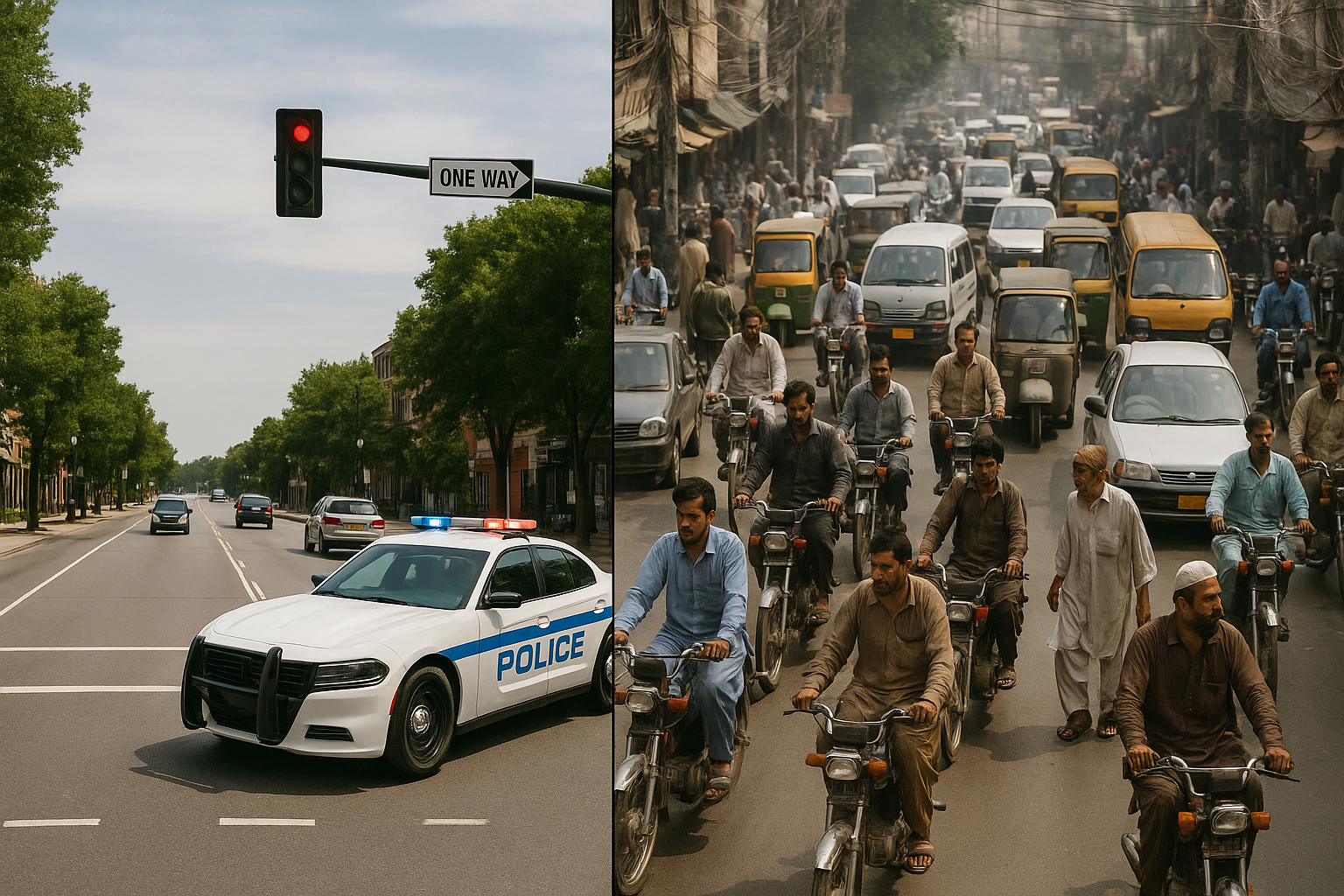

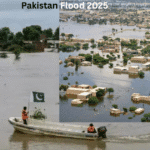
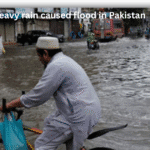



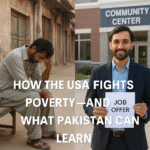
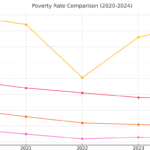

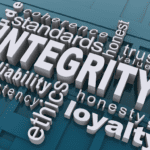
you know what? it’s so true. it’s like how you behave in the house vs how you behave outside. your house that give you shelter and protection, but you take it for granted. same rule is applied here, ppl behave differently in Pakistan vs out of the Country. they follow rules and policies when out of the country, but abuse the system in the country.
You’re right—people do behave differently inside vs outside their home. But my point is deeper: in countries like the USA, people trust the system because it’s honest and fair. When truth and accountability are missing—like in Pakistan, where even a blind man can get a driving license—the whole system breaks down. That’s why real change needs more than just better behavior; it needs trustworthy institutions.